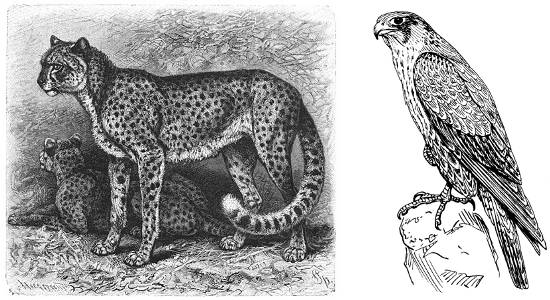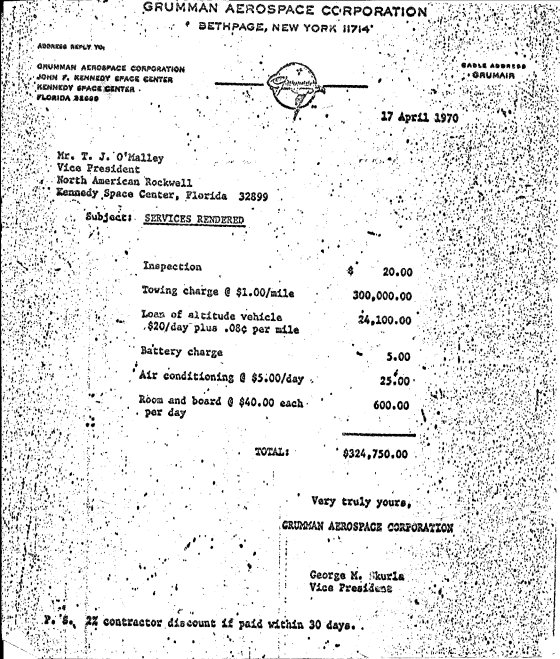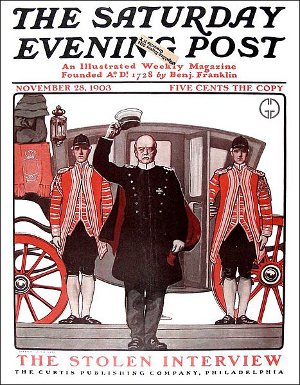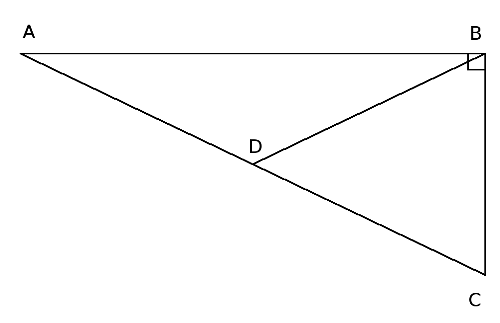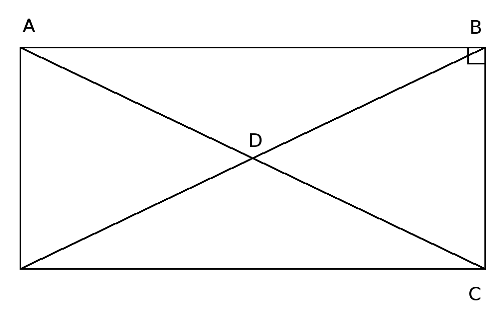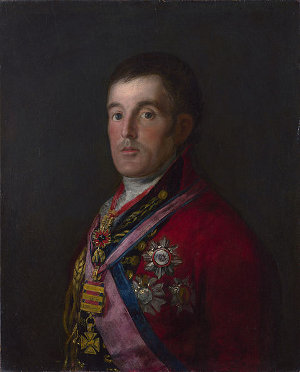
While discharging a fare of codfish from the schooner Vinnie M. Getchell, at Gloucester, Mass., on September 15, 1886, Capt. John Q. Getchell, master of the vessel, found imbedded in the thick flesh of a large cod a knife of curious workmanship represented by the accompanying illustration. …
The fish in which the knife was found was one of a fare caught in 75 fathoms of water on the northeast part of George’s Bank; it was apparently healthy, being thick and ‘well-fed,’ and according to Captain Getchell, would weigh about 40 pounds after being split, or say 60 pounds as it came from the water. The general excellent quality of the fare of fish attracted considerable attention from people who saw them, and led to the discovery of the knife. Some remarks having been made concerning the fish, Captain Getchell lifted several of them from a tub (where they had been thrown to wash after being weighed) and exhibited them to the by-standers, commenting on the size and thickness of the specimens. Holding one across the edge of the tub in a semi curved position, he ran his hand over the thicker portion of the fish to call attention to its fatness. In doing so, he felt something hard beneath his fingers, and further examination produced the knife. Of course much surprise was expressed by those present, who had never before seen such a strangely formed implement, and speculation was rife as to how it came there. When found, the knife-blade was closed, and the small or posterior end of the handle was the part first felt by Captain Getchell, and was nearest the tail of the fish.
The handle of the knife is of brass, curved and tapering posteriorly, with a longitudinal incision, on the concave side, to receive the edge of the blade. The handle is remarkable in form, and is suggestive of the handiwork of some savage tribe or the scrimshaw work of a sailor. … The blade is lanceolate in form, with the cutting edge curved outward, to fit into the handle, and the back nearly straight. … The total length, from point to point in a straight line, is 6 1/4 inches.
— Bulletin of the United States Fish Commission, Dec. 31, 1886

